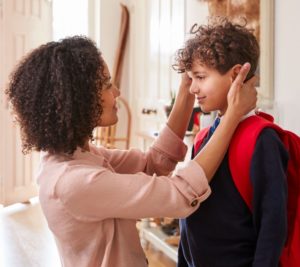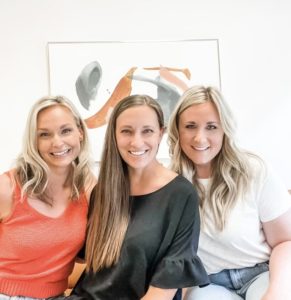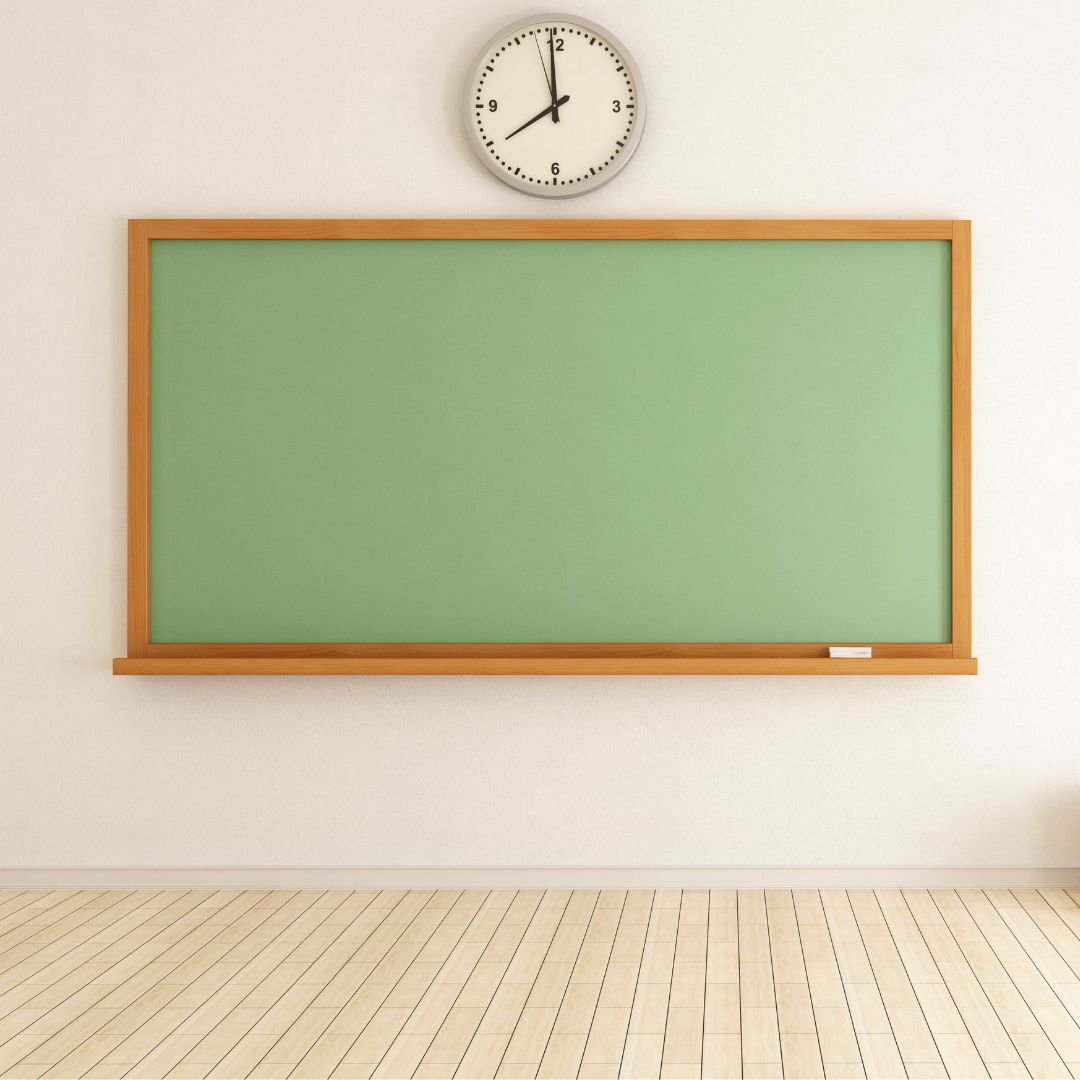You casually mention you wonder if your child has ADHD, and, before you know it, a line of “experts” is forming, prepared to weigh in on the subject.
You hear things like…
“They will probably grow out of it; no sense in putting a label on it!”
“Every kid has ADHD these days! They are fiiiiiiine!”
And a personal favorite…
“There is no sense in getting a diagnosis unless you want to put them on medication!”
Let’s clear up a few dangerous misconceptions.
First, If your child gets a diagnosis of ADHD, you DO NOT have to medicate. This is absolutely your personal choice (with your doctor’s guidance). Also, it needs to be clearly stated that professionals (including public schools!) cannot force you to medicate.
Why should I get the diagnosis if I’m not giving my child ADHD medication?
There are many benefits of a formal diagnosis BEYOND the opportunity to pursue medication. Here are a few of our favorites:
- It gives a name to what your child is feeling. If your child has ADHD, there is a very good chance that they are already aware that something is “different” about their brain. By giving it a name, you are validating their experience and giving them a way to describe what they are already feeling.
- You can bring attention to your child’s strengths. ADHD brains have SO MANY strengths! Children (and adults) with ADHD can be excellent problem solvers. They can be creative, passionate, and adventurous.
- A diagnosis can help your child feel less alone. You can share prevalence statistics with them (almost 1 in 10 kids per a CDC survey in 2016) and share with them other family members, notable figures, or friends who also have ADHD.
- When you understand what is going on, it opens the door to other treatment options. It also gives you clarity as you make a plan.

What resources are available if I’m not giving my child ADHD medication?
Keep in mind knowledge is power! When you understand what is truly going on with your child, you can provide them support in many ways. There is so much more to a diagnosis than a singular path to medication. We offer lots of FREE resources for parents of children with ADHD (or suspected ADHD!)
You don’t want to miss our FREE ADHD Treatment Guide, which explains the science behind the most popular ADHD interventions.
We also have a FREE ADHD Parenting Guide with our top six keys for raising a happy and independent child with ADHD.
And if you are ready to jump in with both feet, check out our online parenting course, Creating Calm. This course breaks down tons of practical, easy-to-implement tools and strategies. The best part? You can watch it anytime, from anywhere, in your jammies. No babysitter is required!
Have a beautiful week!
Lori, Katie, and Mallory

Disclaimer: The contents of this site are opinions of The Childhood Collective PLLC partners unless otherwise noted. The information on this site is not intended to diagnose, treat, or prevent any type of medical condition and is not intended as personalized medical/psychological advice. Any decision you make regarding you and your family’s health and medical treatments should be made with a qualified healthcare provider.






While I agree with what you have said, if children are not aware of what the purpose of the diagnosis is and what it means in respect to how they learn, they may grow to use the label as an excuse for a poor performance. Empowering children with all sorts of IEP’s over the last 50years, I have found it beneficial for students to focus more on what they need to communicate to their teachers because of the way they learn rather than demand accommodations. For example, one of my former students was diagnosed dyslexic. She was taking an AP literature course and asked permission to record the class because she remembered more of what she heard and less of what she saw written because she was dyslexic. Instead of blaming the difficulty of the class on the diagnosis, she used it to validate the reason for recording the lectures and listening to novels on tape. She actually educated the teacher that others might be dealing with similar challenges and he offered the solution to everyone.
So, diagnosis + methods for compensating + communication with teachers = beneficial use of diagnosis.
Students who learn to ask for what they need change every classroom them are in.
Yes to all of this! Thank you for commenting, and you are absolutely right. Self-advocacy and self-awareness are two incredibly important tools for managing ADHD. And what a wonderful learning experience for that teacher! Amazing.